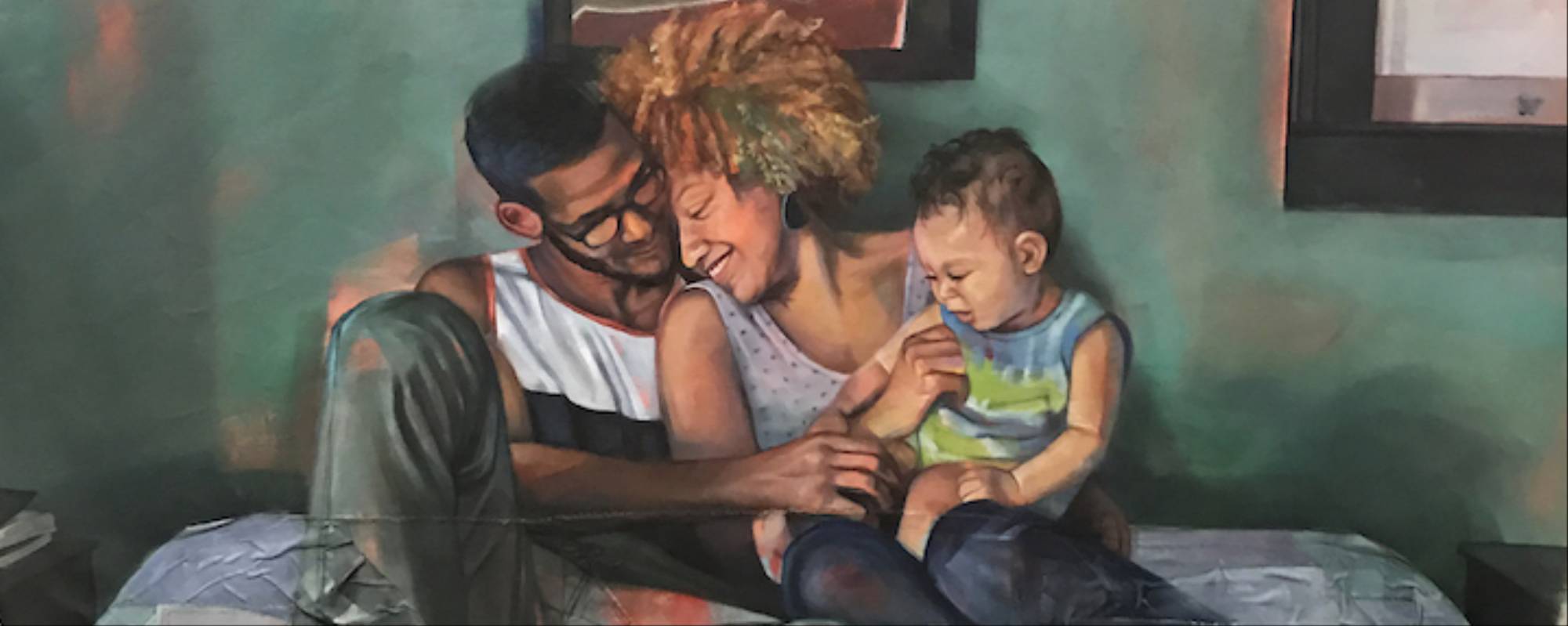A Demographic Threat? Proposed Reclassification of Arab Americans on the 2020 Census
Michigan Law Review (Online)
Volume 114, Issue 1 (August 2015)
8 pages
Khaled A. Beydoun, Associate Professor of Law
Mercy School of Law
University of Detroit
INTRODUCTION
“Arab Americans are white?” This question—commonly posed as a demonstration of shock or surprise—highlights the dissonance between how “Arab” and “white” are discursively imagined and understood in the United States today.
These four words also encapsulate the dilemma that currently riddles Arab Americans. The population finds itself interlocked between formal classification as white, and de facto recognition as nonwhite. The Office of Management and Budget (OMB), the government agency that oversees the definition, categorization, and construction of racial categories, currently counts people from the Middle East and North Africa (MENA) as white. The United States Census Bureau (Census Bureau), the agency responsible for collecting and compiling demographic data about the American people, adopts these definitions and classifications for the administration of its decennial census. Since the racially restrictive “Naturalization Era,” Arab Americans have been legally classified as white.
Within the context of the pronounced and protracted “War on Terror,” the OMB and Census Bureau may be the only two government entities that still identify Arab Americans as white. Heightening state surveillance of Arab Americans, combined with still escalating societal animus, manifests a shared public and private view of the population as not only nonwhites, but also “others,” “terrorists,” and “radicals.”
Although not a new phenomenon, the association of Arab American identity with subversion, warmongering, and terrorism intensified after the September 11th terrorist attacks. Fourteen years later, broadening antiterror policing coupled with emergent “preventative counter-terrorism” initiatives, or Countering Violent Extremist (CVE) policing, signals that suspicion of Arab American identity is still trending upward. And perhaps, is yet to reach its apex.
This Essay argues that the establishment of a standalone MENA American box on the next U.S. Census may erode Arab American civil liberties by augmenting the precision of government surveillance and monitoring programs. The proposed reclassification of Arab American identity is not simply a moment of racial progress but, I argue, a mechanism that evidences the state’s interest in obtaining more accurate “macro and micro demographic data” about Arab Americans. By illuminating the causal state interests facilitating reform and reclassification, I highlight how more precise and extensive demographic data—collected and compiled with a MENA American box on the U.S. Census form—expands the reach of federal and local antiterror and counter-radicalization policing amid the fluid yet evermore fierce War on Terror…
Read the entire article in HTML or PDF format.


